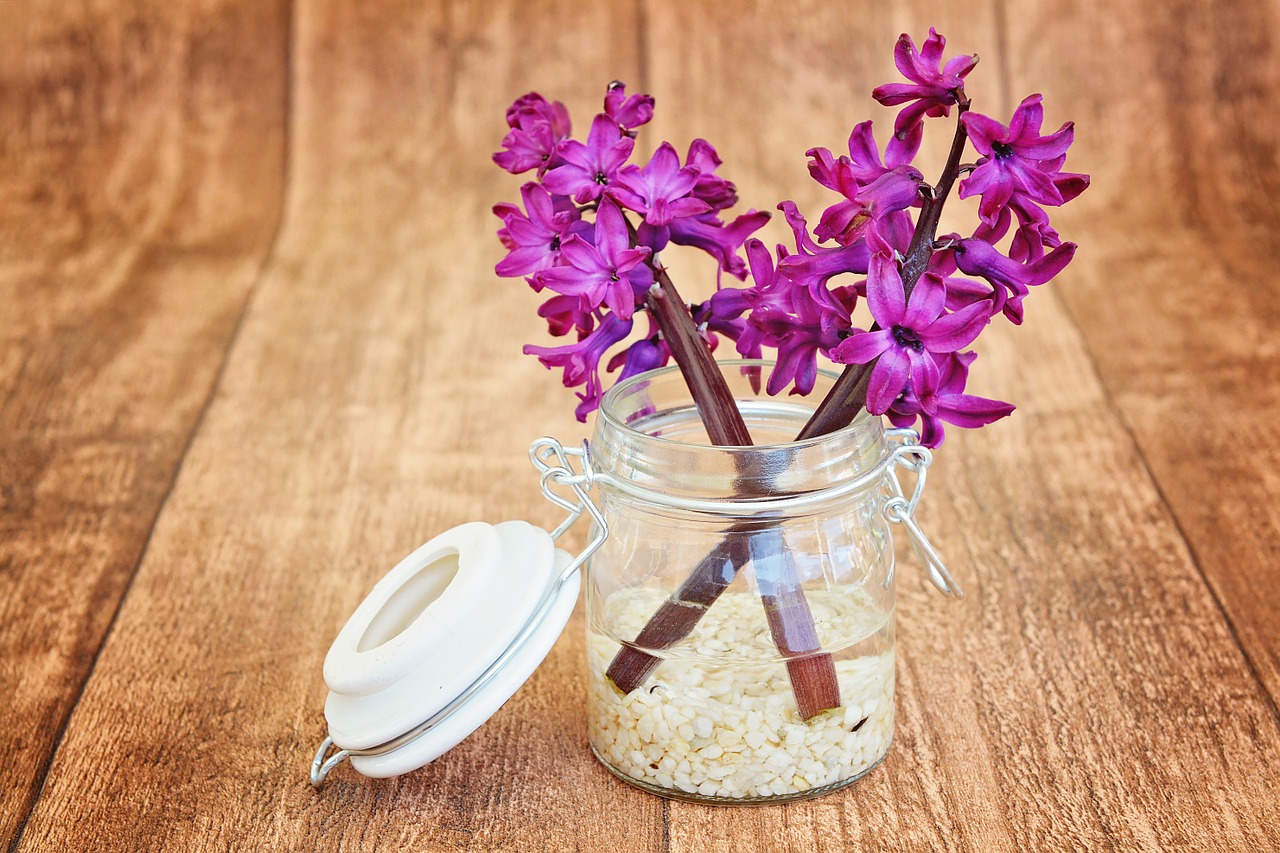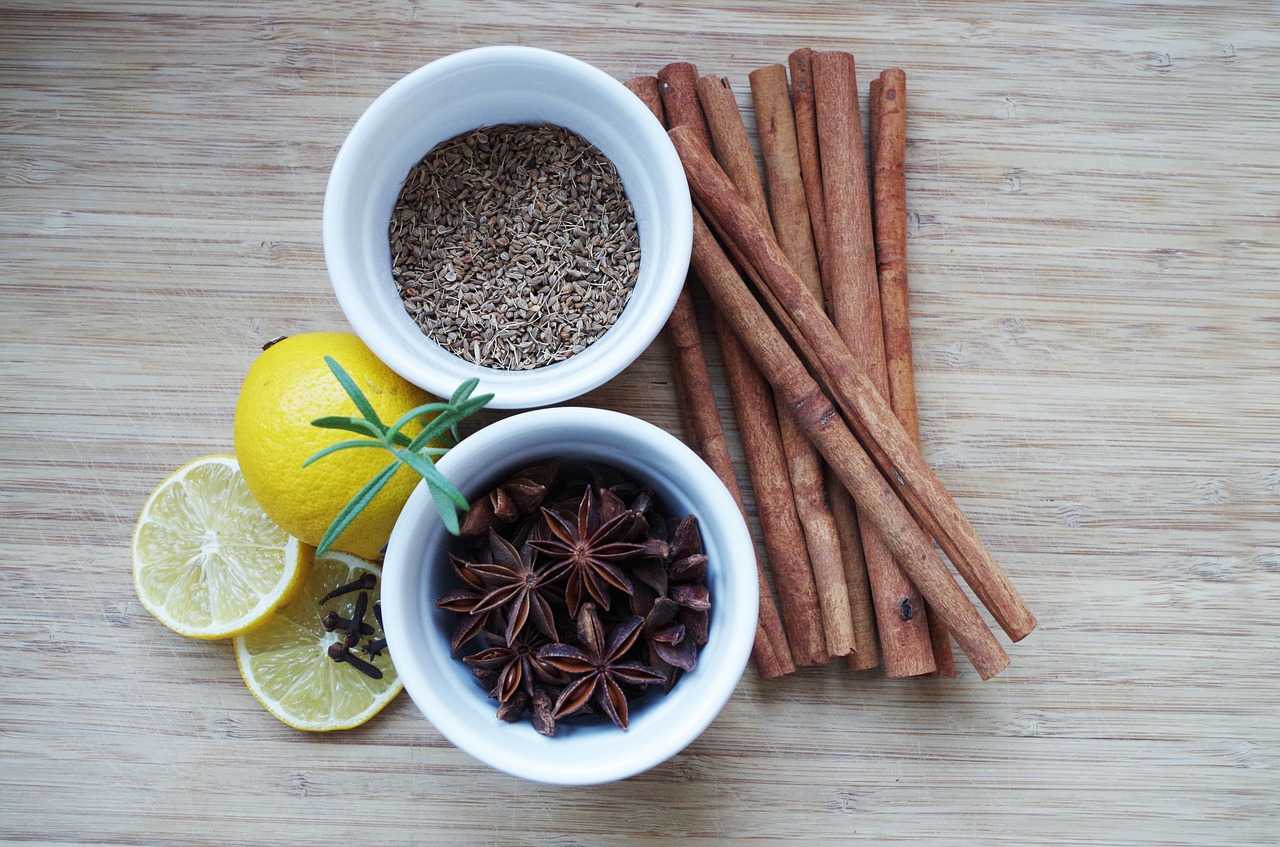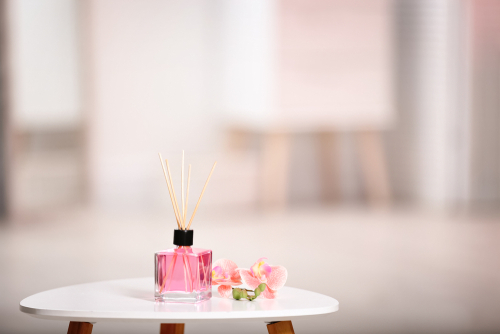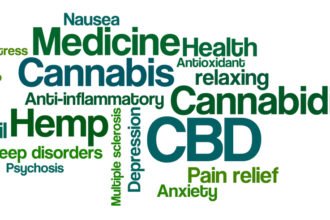Air fresheners are common in the modern household. Although not all families use them, the ones that do get to enjoy a plethora of pleasant aromas ranging from woodsy pine to fresh baked cookies. But what exactly are air fresheners? Why, despite their wonderful smells, should you avoid synthetic air fresheners? We have all of the answers below.
What is Actually in an Air Freshener?

Air fresheners contain a variety of ingredients that work together to control household odor. Virtually all fresheners on the market contain some sort of absorbents: such as activated charcoal or silica gel, aerosol propellants, fragrances, solvents like mineral oil, disinfectants, oxidizing agents, and preservatives.
It’s also thought that air fresheners contain a number of harmful substances, as well. The most common being traces of formaldehyde, benzene, and terpene, which are known as VOCs.
What Toxic Effects Should You Look Out For?
Effects of Benzene and Formaldehyde
The effects of long term exposure to Benzene and formaldehyde are few and far between; however, the existing effect is serious. They are carcinogens and are known to damage delicate human DNA strands, causing mutations. They can also cause leukemia.
Effects of Styrene
Styrene has numerous effects. The least serious being nausea, bad balance, and severe allergies. A few of the most serious effects of styrene are its toll on the general health of the CNS (central nervous system), increased risk of mortality, and common occurrences of cancers like lymphoma and leukemia.
Effects of Phthalates
Phthalates have various effects on the human body, arguably making them the most dangerous. They can cause changes in the body’s hormones, eczema, asthma, and, in men found to have high levels of this in their urine, impaired lung functions.
Looking at long term effects, phthalates can cause developmental problems, thyroid issues, and fertility troubles such as damaged sperm cells, endometriosis, pregnancy complications such as miscarriages and preeclampsia, and implantation failure during IVF therapy.
Recommendations for Natural Air Fresheners

Citrus Magic
Citrus Magic is a line of all-natural products including air fresheners, which are available in both sprays and solids. Their fruity scent comes from citrus peel and essential oils, and each product is non-aerosol.
The Tea Tree
The Tea Tree is a popular brand of all-natural home and modern vehicle products. They offer a great air freshener that uses tea tree oil to make a solid, pleasantly scented reusable home air freshener.
They come in three scents and are packaged in an eco-friendly metal tin, offering antifungal properties and mold/mildew reduction.
Moso Natural
Moso Natural is revolutionizing the world of air fresheners with its air purifying bag. The 200-gram all natural, linen, air purifying bag contains bamboo charcoal. Each bag of charcoal features millions of tiny pores that trap odors, bacteria, and allergens, as well as reduce moisture and mildew.
Moso Natural offers a variety of bag sizes, one of which is designed to keep refrigerator smelling clean and fresh.
GreenAir AromaWave
When you’re someone who values a clean car that smells nice, Green Air AromaWave’s essential oil diffuser is a great natural alternative to traditional car air fresheners and sprays. The unique diffuser plugs into any standard car power outlet and can be refilled on the go.
All that it requires is some natural aromatherapy oils, water, and power.
Conclusion
Let’s face it – air fresheners are pleasant to smell but bad for your health. The way to go is all-natural, or, if that idea isn’t appealing, to limit your exposure to traditional air fresheners.
Failing to do so can cause a plethora of unpleasant effects that can prove to be life-altering. You can end up with a range of illnesses from minorly annoying eczema to certain forms of incurable cancer.









